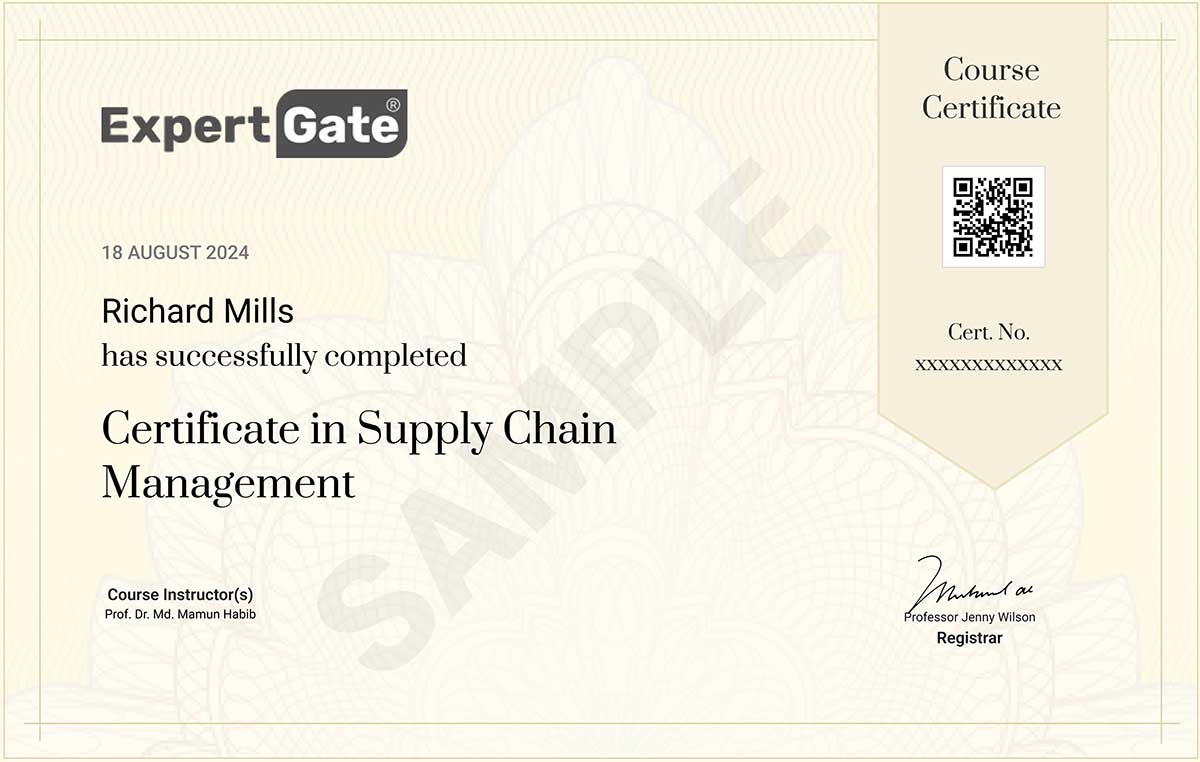Introduction to Data Analysis and Econometrics Using Stata

Overview
Instructors
Outcomes
Additionally, participants will gain hands-on experience in creating reproducible workflows using do-files and scripts, making their analyses more efficient and transparent. Whether you're looking to enhance your academic research, improve your professional data skills, or embark on a career in data analysis, this course provides a strong foundation in using Stata for comprehensive data analysis and econometric modeling.
Structure
Introduction to Stata
Data Import and Export
Data Cleaning and Preparation
Descriptive Statistics
Summary statistics (mean, median, percentiles, etc.)
Day 2
Introduction to Data Visualization
Advanced Graphing Techniques
Day 3
Introduction to Regression Analysis
Day 4
Assessment
Target Audience
Recommended Resources
- Participants will need access to computers with sufficient processing power to run Stata efficiently.
- A licensed version of Stata (preferably Stata/IC or higher) installed on participant devices. A trial license can be obtained by visiting the Stata website.
Certificates

